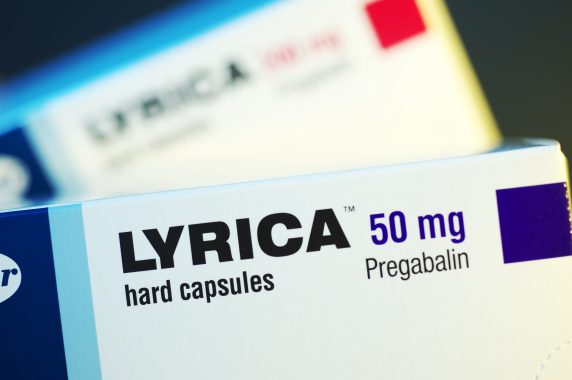Pregabalin and gabapentin to be controlled as class C drugs from April

Pregabalin and gabapentin will be reclassified as class C drugs from April 2019, the Government has announced.
The decision, which follows a lengthy consultation process, means the drugs will now face a number of restrictions, including the patient’s GP signing their prescription in person and pharmacists dispensing the item within 28 days.
However, the drugs will not need to be kept in a safe, the strictest of the proposals that were being considered.
The Government review followed a significant rise in fatalities linked to the two drugs, with 111 deaths related to pregabalin in 2016 and 59 related to gabapentin, compared with four and eight respectively in 2012.
The consultation, launched in November last year, suggested three potential options for bringing pregabalin and gabapentin under the Misuse of Drugs Regulations (2001) Act.
The Government has opted for the second-strictest option of the three, bringing the drugs under the following requirements:
- A compliant requisition to be provided to a supplier before stocks of pregabalin and gabapentin are supplied to the recipient;
- Prescriptions for pregabalin and gabapentin must be written to very specific requirements, including the wet signature of the prescriber;
- Marking of bottles or containers;
- Record keeping with details about the quantity of the drug and the preservation of record keeping registers for two years;
- Keeping invoices of similar documents by the producer and wholesaler of the drugs
- Furnish information as required about the drugs;
- The destruction of drugs in front of an authorised person;
- Pharmacists must dispense the drugs within 28 days of the prescription being written.
The measures will come into force in April 2019.
The consultation report said: ‘The Government is of the view that option two provides appropriate and necessary safeguards while ensuring that there are not unduly onerous storage requirements for pharmacists, wholesalers and others.’
According to the report, consultation responses indicated ‘that the ongoing costs to pharmacies and GPs are unlikely to be substantial’ as a result of the decision.
The measures would be the same as those brought about when tramadol was reclassified as a controlled drug, the Government added. It therefore does ‘not anticipate an extended period of confusion or uncertainty’ following the changes.
BMA leaders called for pregabalin to be reclassified as a controlled drug in June last year, following evidence that it is increasingly used recreationally and in prison populations.
Responding to the consultation, the BMA had supported the proposal that the Government has now chosen, voicing concerns that the stricter option could lead to drugs shortages, and that the more lenient option would not provide the ‘necessary safeguards’ against misuse.
BMA GP Committee clinical and prescribing lead Dr Andrew Green said: ‘Granting pregabalin controlled status will help tackle this problem but the Government must also invest in specialised support services for prescription drug dependence so people with dependence issues can receive the help they need.’
Crime, safeguarding and vulnerability minister Victoria Atkins added: ‘We accepted expert advice and will now change the law to help prevent misuse of pregabalin and gabapentin and addiction to them.’
This comes after new research suggested GPs should no longer prescribe gabapentinoids for sciatica, and prompted NICE to review its current guidance.
Visit Pulse Reference for details on 140 symptoms, including easily searchable symptoms and categories, offering you a free platform to check symptoms and receive potential diagnoses during consultations.









